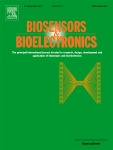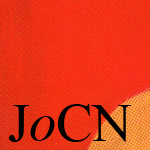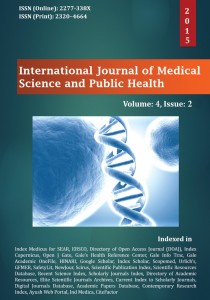
Our retraction notice count for Shigeaki Kato, number seven on our leaderboard, has grown to 38.
The former University of Tokyo endocrinologist recently earned another retraction, for a paper in Archives of Biochemistry and Biophysics that contained image manipulation. As we’ve noted before, Kato resigned from the university in 2012 as it investigated his work for misconduct; in 2013 a Japanese newspaper reported that the investigation had found 43 papers from his lab contained “likely altered or forged materials.”
In addition to the new retraction, we’ve dug up four others for Kato from the past few years, plus one correction. Two of the retraction notices mention an investigation at the University of Tokyo.
First, the retraction note for “Multiple co-activator complexes support ligand-induced transactivation function of VDR,” published in December:

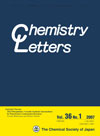
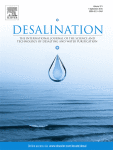
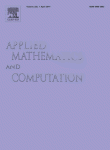 A paper on a hybrid algorithm turned out to be a hybrid itself — some original data, plus some from a paper that the authors had published earlier.
A paper on a hybrid algorithm turned out to be a hybrid itself — some original data, plus some from a paper that the authors had published earlier.